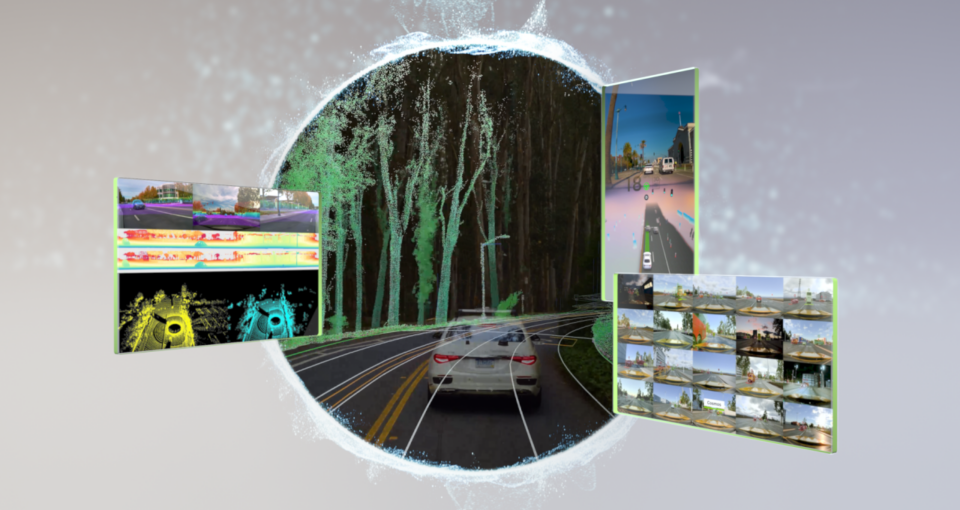
Physical AI is moving from research labs into the real world, powering intelligent robots and autonomous vehicles (AVs)… Read Article

Physical AI is moving from research labs into the real world, powering intelligent robots and autonomous vehicles (AVs)… Read Article
In Las Vegas’s T-Mobile Arena, fans of the Golden Knights are getting more than just hockey — they’re getting a taste of the future. ADAM, a robot developed with NVIDIA… Read Article
Editor’s note: This blog has been updated to showcase additional recent innovations tapping into the NVIDIA Jetson platform. Developers, researchers, hobbyists and students can take a byte out of holiday… Read Article
At AWS re:Invent, NVIDIA and Amazon Web Services expanded their strategic collaboration with new technology integrations across interconnect technology, cloud infrastructure, open models and physical AI. As part of this… Read Article
Researchers worldwide rely on open-source technologies as the foundation of their work. To equip the community with the latest advancements in digital and physical AI, NVIDIA is further expanding its… Read Article
Timed with the Microsoft Ignite conference running this week, NVIDIA is expanding its collaboration with Microsoft, including through the adoption of next-generation NVIDIA Spectrum-X Ethernet switches for the new Microsoft… Read Article
Editor’s note: This post is part of the AI On blog series, which explores the latest techniques and real-world applications of agentic AI, chatbots and copilots. The series also highlights… Read Article
Physical AI models — which power robots, autonomous vehicles and other intelligent machines — must be safe, generalized for dynamic scenarios and capable of perceiving, reasoning and operating in real… Read Article
Monday, Oct. 27, 12:30 p.m. ET How Medium-Sized Cities Are Tackling AI Readiness 🔗 A panel discussion today at GTC Washington, D.C., highlighted a public-private initiative to invigorate the economy… Read Article